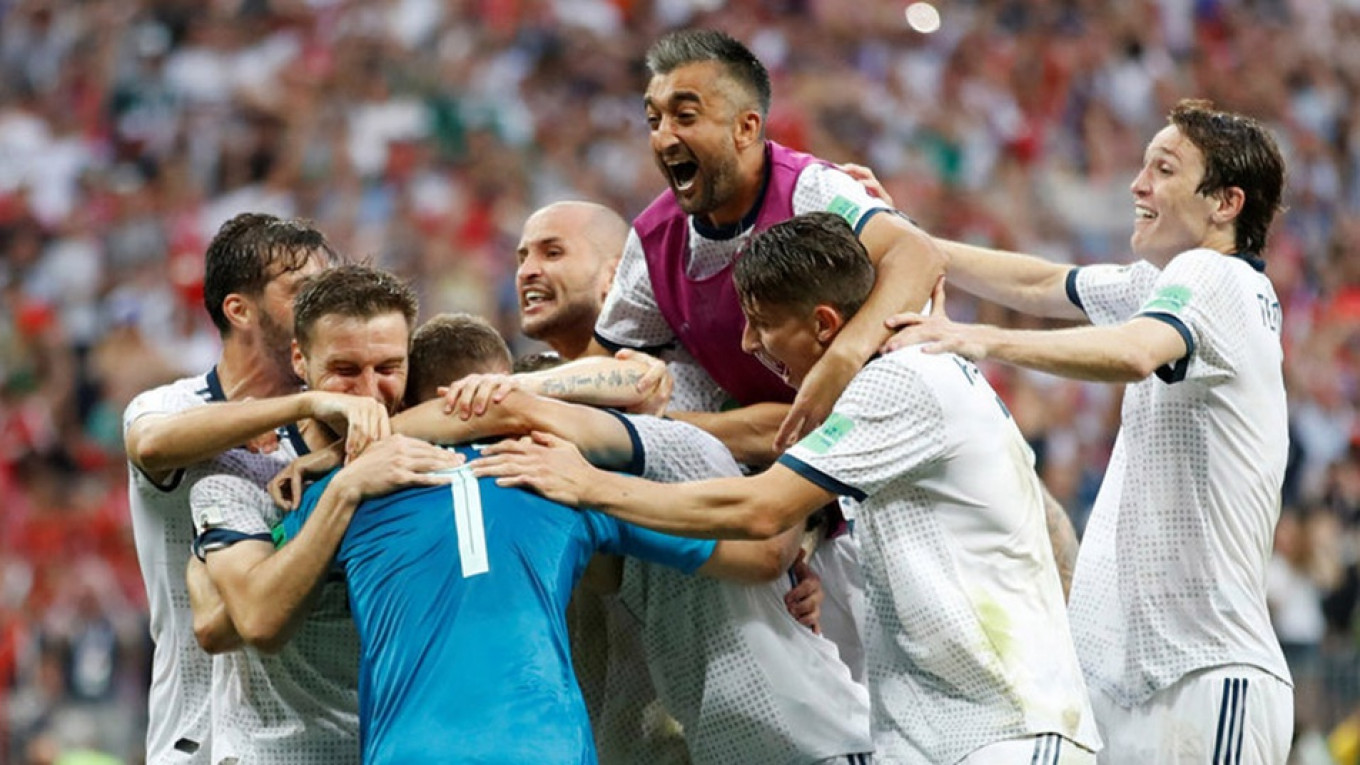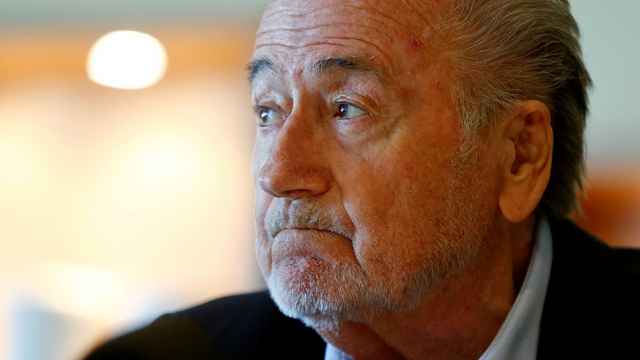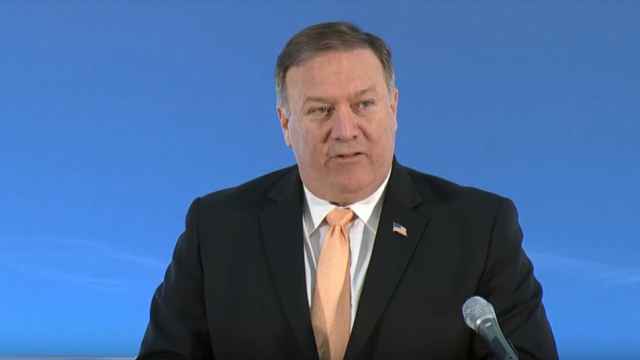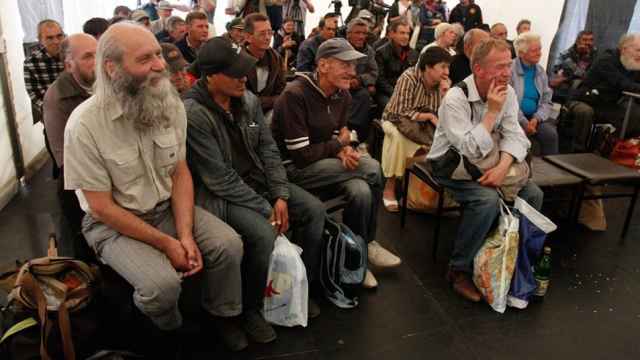There have been no positive results from over 3,000 anti-doping tests carried out before and during the World Cup, FIFA said on Thursday.
FIFA collected 2,761 samples prior to the tournament and another 626 during it, including 108 collected on non-match days, as part of the largest-ever World Cup testing program.
"The regular tests were complemented by FIFA's use of the athlete biological passport program in WADA's "ADAMS" system, under which all test results, including those from confederations and NADOs collected at the main international football events as well as national competitions, are gathered in the athlete's passport in ADAMS, which features a haematological module [through blood] and a steroidal module [through urine]," FIFA said in a statement.
"FIFA's Athlete Passport Management Unit, composed of independent experts, reviews the data of players to detect potential deviations that may indicate an abuse of performance-enhancing drugs. This applied to all participating players at the FIFA World Cup."
For this year's tournament, every participating player was tested in unannounced controls before the competition and further systematic tests have been performed during it, both with post-match controls and on non-match days.
Around 90 percent of all tests were targeted, based on a number of criteria, including the recommendations of the Athlete Passport Management Unit, potential injuries suffered by the players, performance data and the athletes' test history.
On average, every player from the four remaining teams has been tested 4.41 times since January, with some of them tested eight times.
There was one adverse analytical finding but the player was in possession of a therapeutic use exemption for the substance detected.
There were also three atypical findings. These occur when a sample requires further investigation by the FIFA Anti-Doping Unit prior to the determination of an adverse analytical finding.
All samples collected will be stored for 10 years and be available for potential future retesting.
A Message from The Moscow Times:
Dear readers,
We are facing unprecedented challenges. Russia's Prosecutor General's Office has designated The Moscow Times as an "undesirable" organization, criminalizing our work and putting our staff at risk of prosecution. This follows our earlier unjust labeling as a "foreign agent."
These actions are direct attempts to silence independent journalism in Russia. The authorities claim our work "discredits the decisions of the Russian leadership." We see things differently: we strive to provide accurate, unbiased reporting on Russia.
We, the journalists of The Moscow Times, refuse to be silenced. But to continue our work, we need your help.
Your support, no matter how small, makes a world of difference. If you can, please support us monthly starting from just $2. It's quick to set up, and every contribution makes a significant impact.
By supporting The Moscow Times, you're defending open, independent journalism in the face of repression. Thank you for standing with us.
Remind me later.






